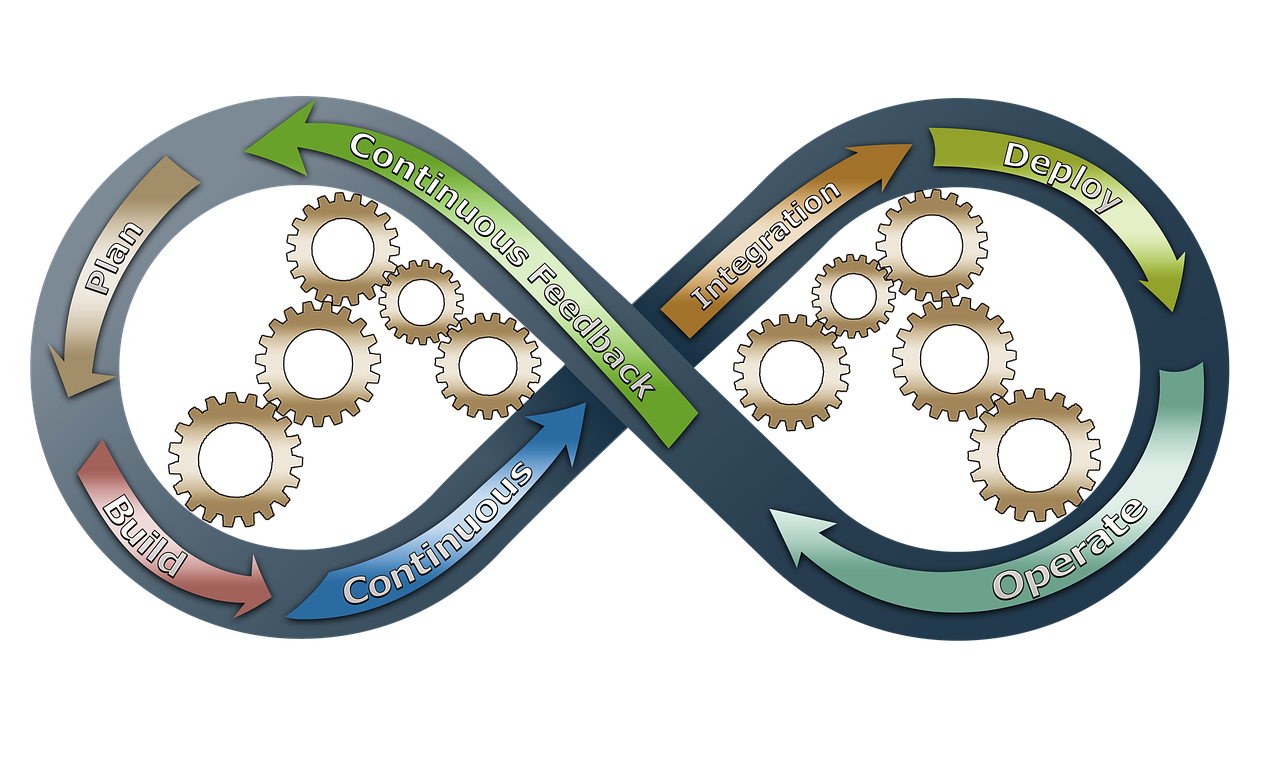Implementing a Customer-Centric Approach in Product Discovery
In the previous part, we laid the groundwork for understanding the importance of a customer-centric approach in product discovery. Now, let’s dive deeper and explore how to implement this approach effectively.
Empathy Mapping: Walking in Your Customer’s Shoes
One of the first steps in implementing a customer-centric approach is developing empathy towards your customers. Empathy mapping is a powerful tool to understand the customer’s experiences, needs, and motivations. It provides valuable insights into how customers interact with your product and what they expect from it.
An example of successful empathy mapping is IBM’s use of this tool to redesign their software development processes, resulting in increased customer satisfaction and improved user experience.
Using Customer Interviews and Surveys
Customer interviews and surveys are a direct and effective way to gather insights about your customers. They allow you to understand your customers’ pain points, preferences, and expectations.
Slack, a leading collaborative software company, used customer interviews extensively during their early stages. This helped them tailor their product according to their customers’ needs and thus gain a competitive edge.
Implementing Customer Journey Mapping
Customer journey mapping is a visual representation of the customer’s interactions with your company. It helps identify key touchpoints, understand customer behavior, and uncover areas for improvement.
Starbucks regularly uses customer journey mapping to understand the customer experience at their stores and make improvements where needed.












